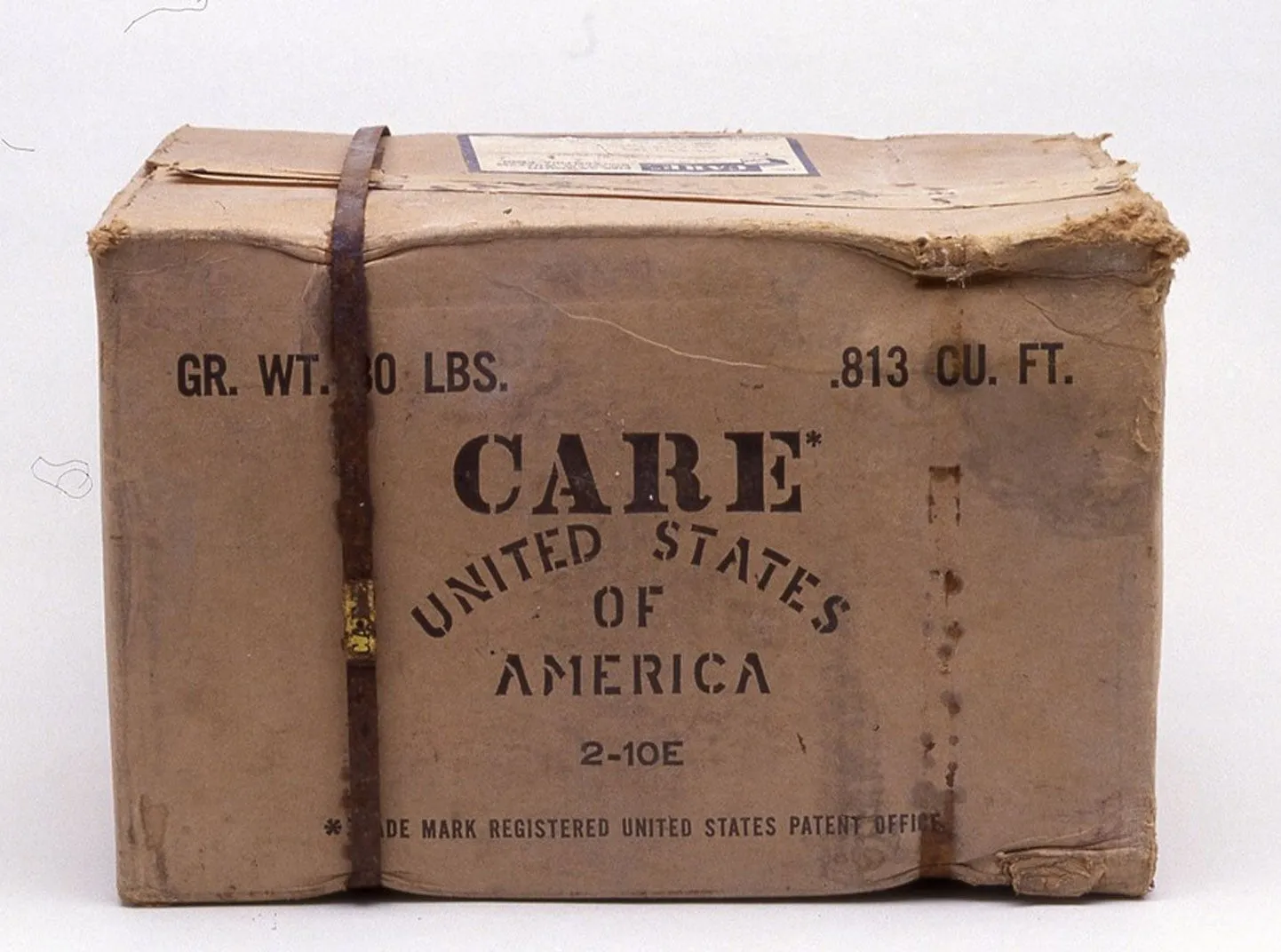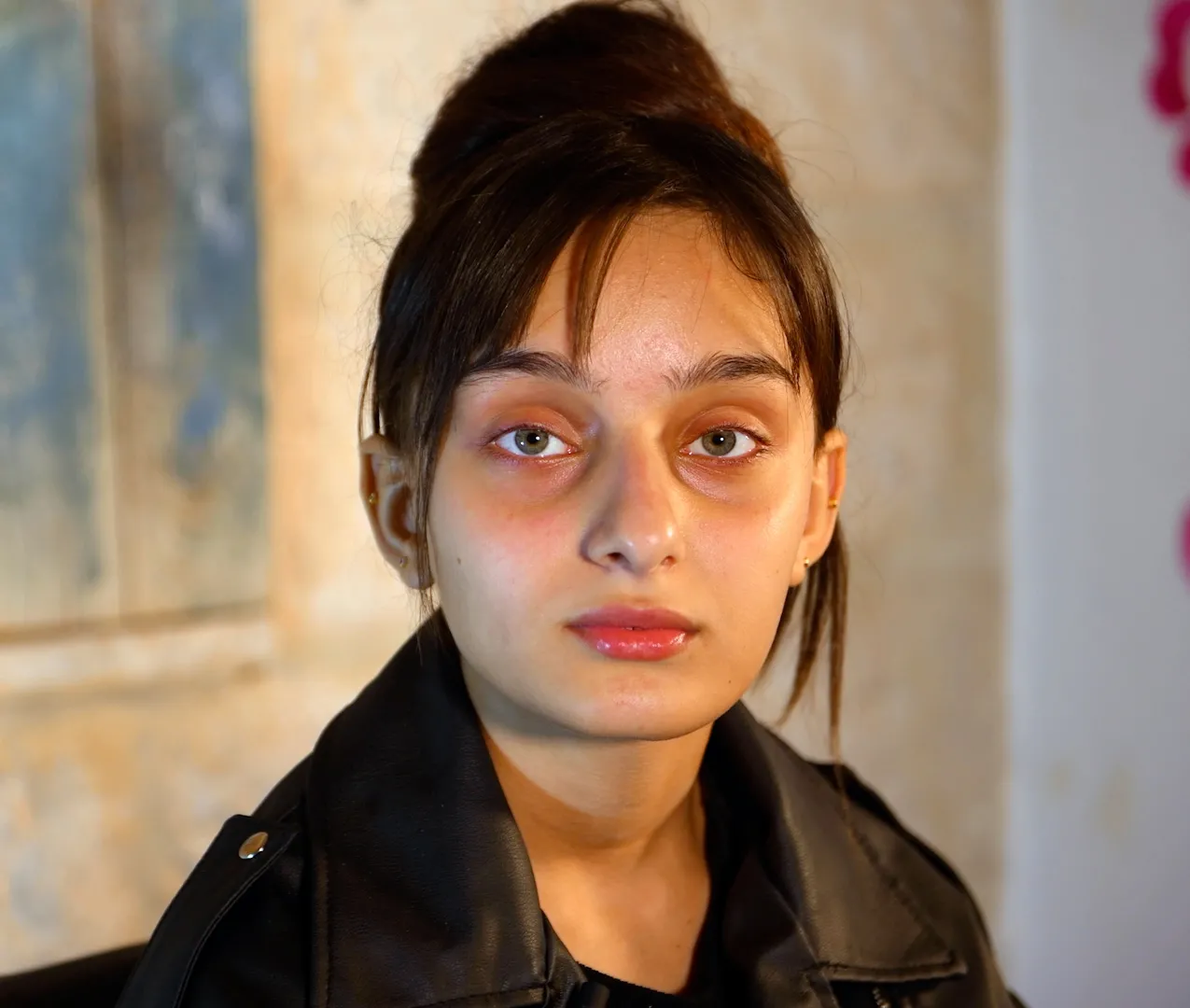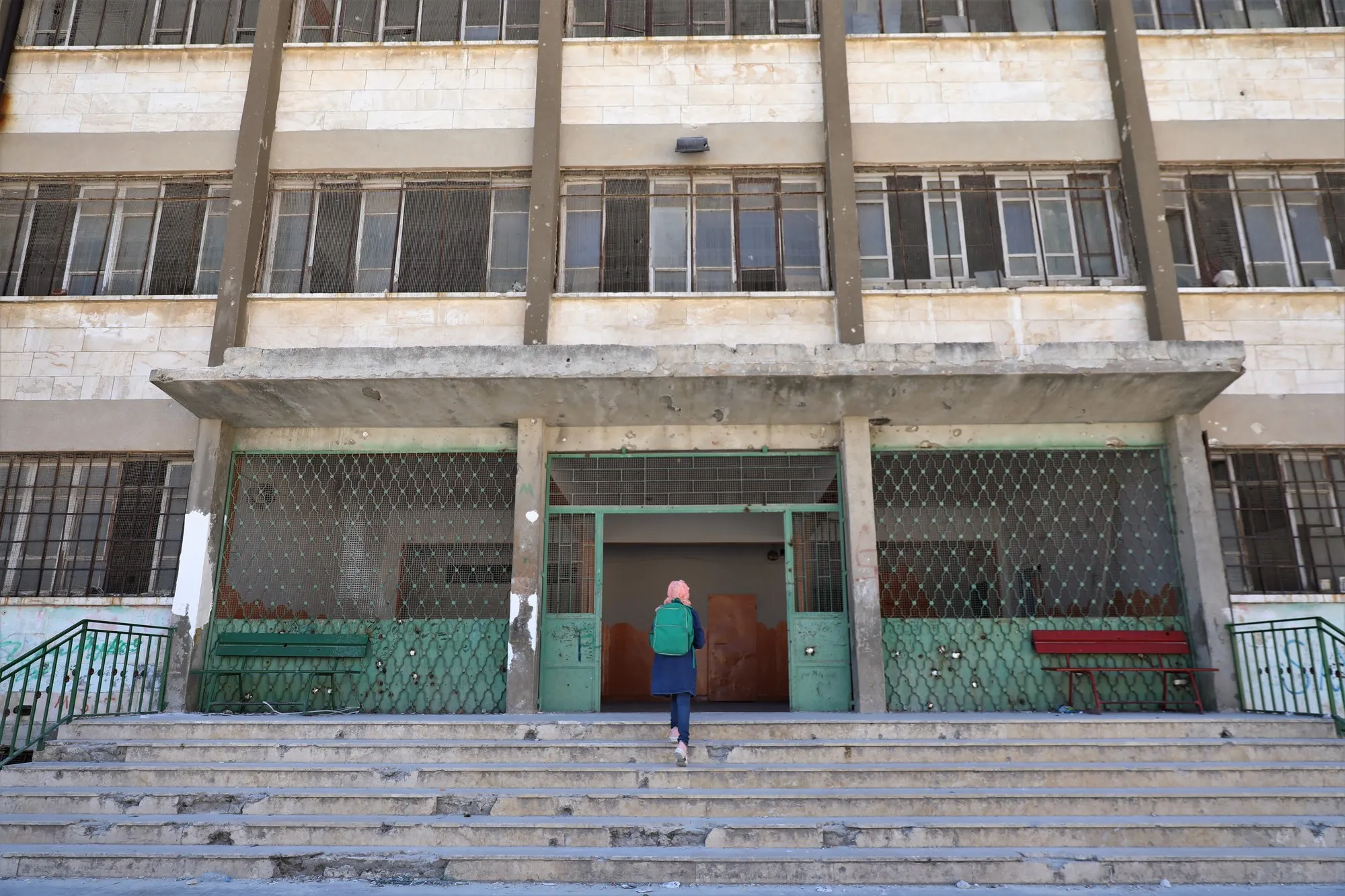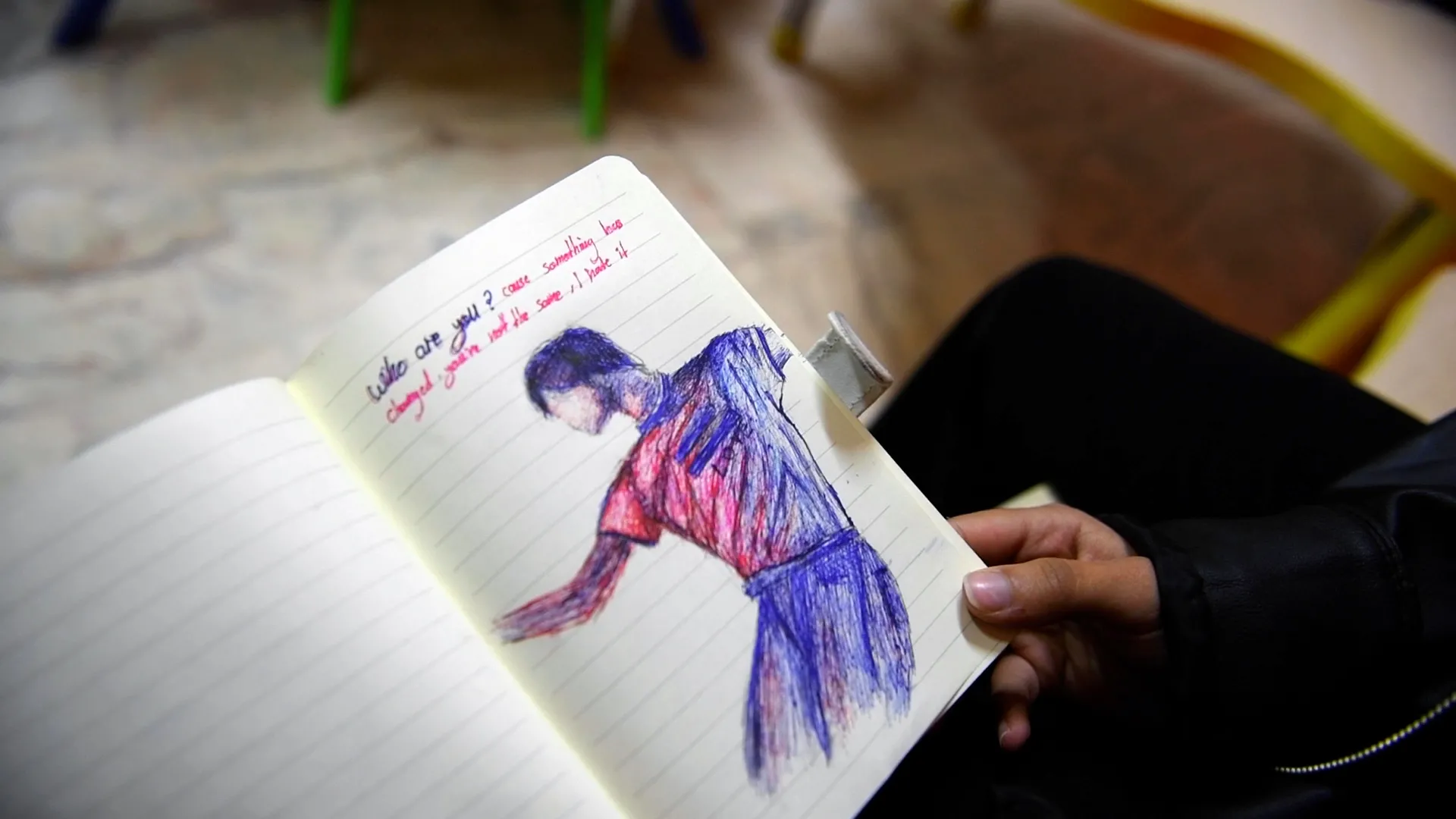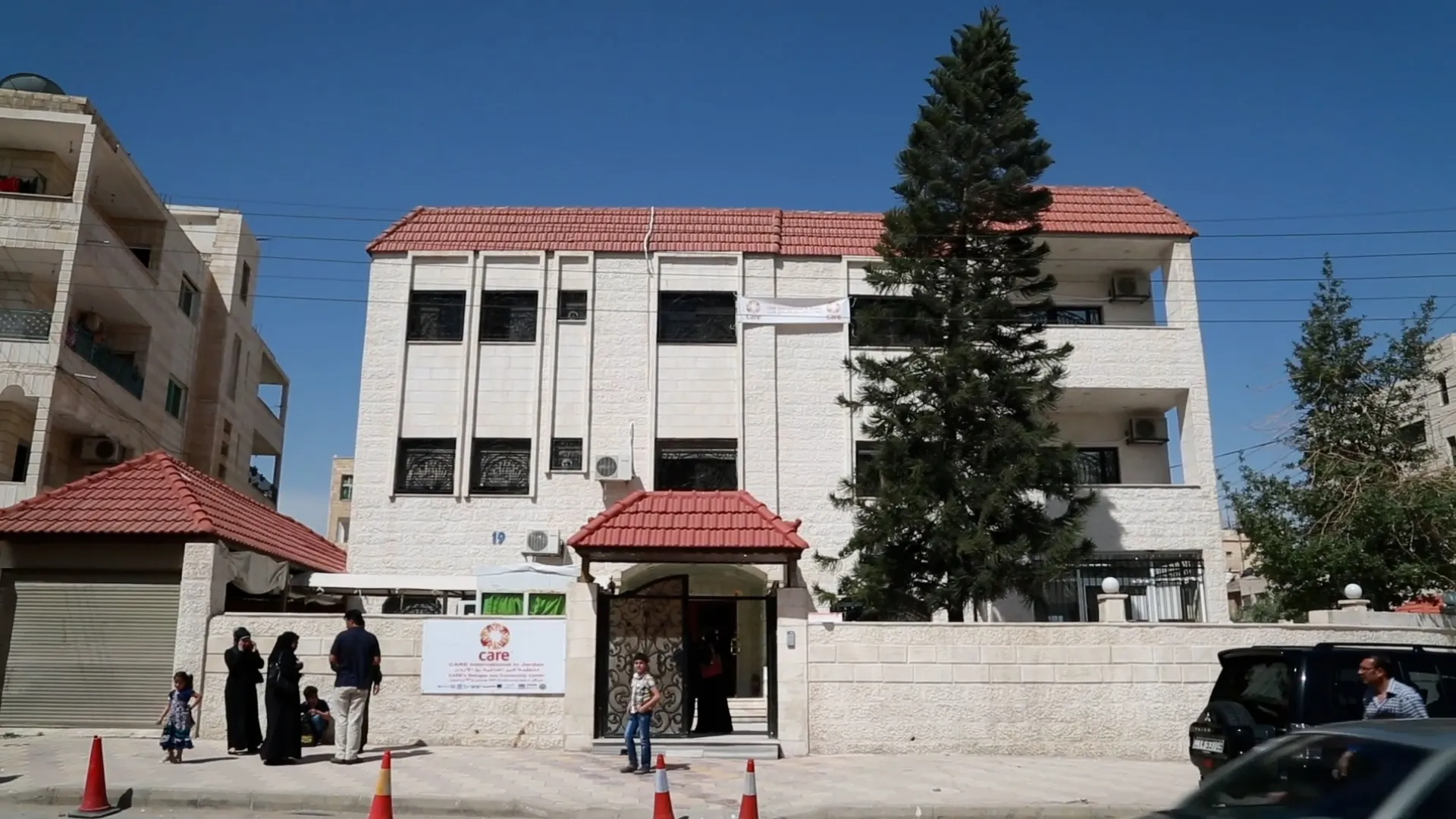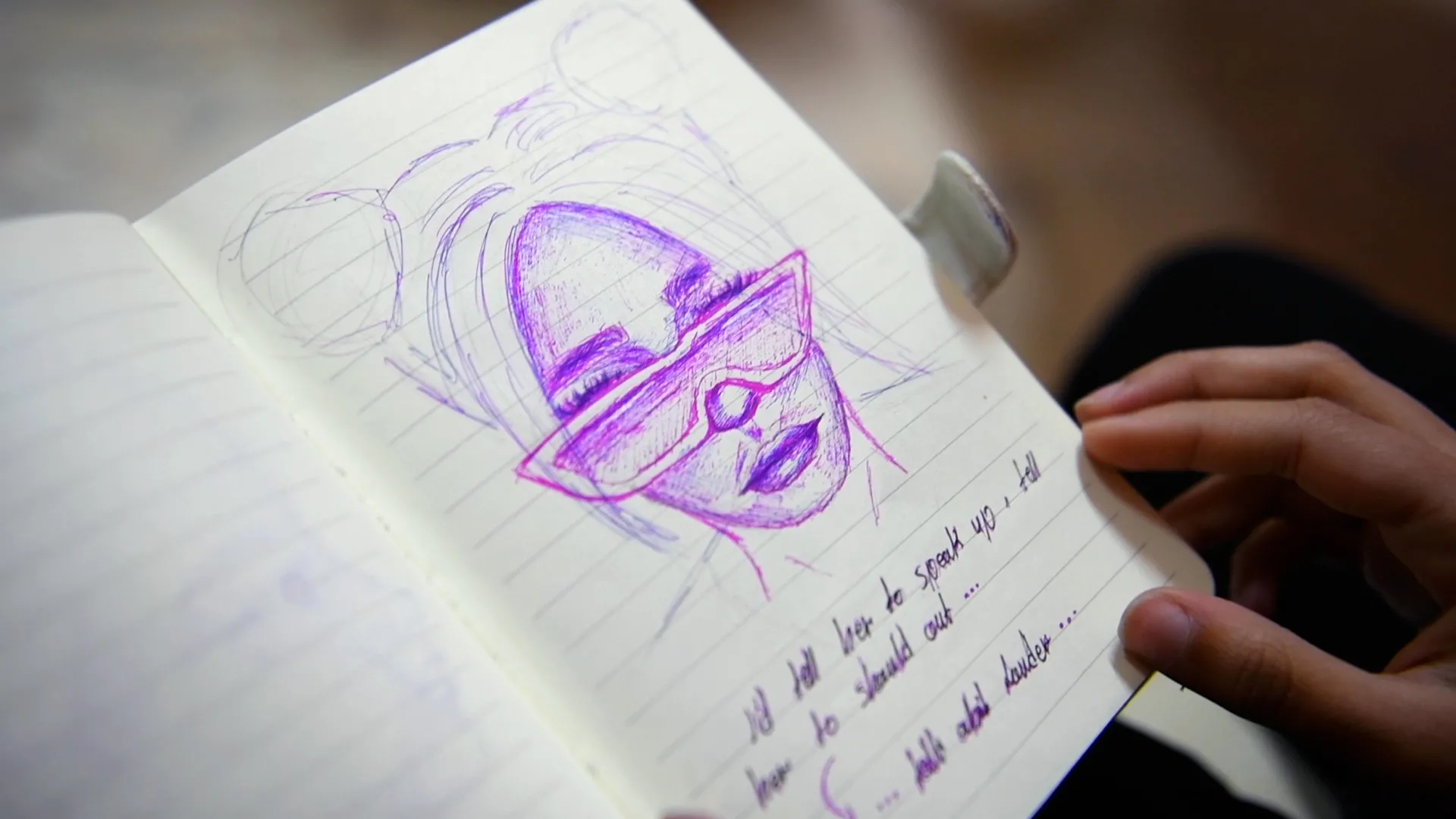“Eventually, I had to leave school”
When I first entered school, of course, I wanted to make friends, to learn the rules. But they had categories – Jordanians, Syrians, Palestinians – and everyone, even the teachers, would say, “Look at her, listen to how she talks, her accent. She’s Syrian. We don’t have to get her books. Go buy books for yourself.”
So I put a barrier between me and them. I decided I’m not talking to anyone. I took the last desk. I took the last staircase. I didn’t want to talk with anyone or see anyone, even the teachers. If anyone laughed in class, I thought they were laughing at me, at how I looked, how my accent sounded. Even when I wanted to participate, I worried about how loud my voice was, about my accent, so I tried to change my tone, talk quieter, because I was being bullied.
I stopped talking. I didn’t want to be with anyone.
For a 12-year-old girl, I felt my future was lost.
Eventually, I had to leave school because of my family’s financial circumstances.
Papa has epileptic seizures. He has a brain tumor. He tried to work the first year we came here to Jordan, in a workshop, but he had a seizure and there was a nail. He got a nail in his eye.
So, instead of just the seizures, we had two problems – his eye and his seizures.
My mother is considered the head of the family, now. She is trying to take responsibility for all of us, and so is my older brother, who is a mechanic, but it’s hard. We’re still trying to cut expenses.
My younger brother is the spoiled brat right now. He has nothing to do.
